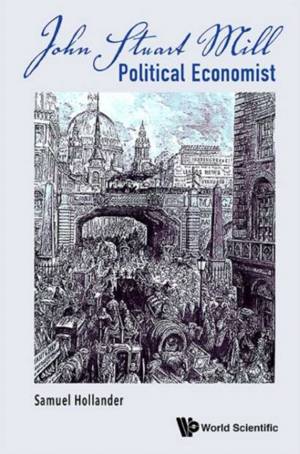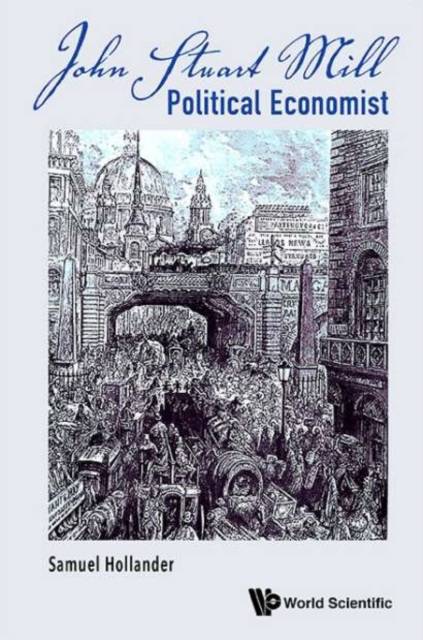
- Afhalen na 1 uur in een winkel met voorraad
- Gratis thuislevering in België vanaf € 30
- Ruim aanbod met 7 miljoen producten
- Afhalen na 1 uur in een winkel met voorraad
- Gratis thuislevering in België vanaf € 30
- Ruim aanbod met 7 miljoen producten
Zoeken
Omschrijving
John Stuart Mill: Political Economist is a revised version of the part of Samuel Hollander's The Economics of John Stuart Mill (1985) treating the theory of economic policy. In this book, Professor Hollander offers a critical yet sympathetic analysis of Mill's quest to accomplish thorough reform of capitalism in the interest of distributive justice while protecting the security of property and contemplating the potential evolution of capitalism into cooperative organization. Part I of the book serves as an introduction to the investigation of Mill's theory of economic policy; Parts II and III include Mill's primary policy recommendations; while Part IV adds a substantial 'Overview and Evaluation' reviewing the author's main conclusions. A major concern is Mill's perception of the composition of the 'greatest number' whose interests are to be considered by policy-makers; here arises his attitude towards British Imperialism. The author then undertakes thematic comparisons between the positions of Mill and those of Smith, Ricardo, Malthus, Marx and Bernstein; and closes with a rejection of the celebrated criticism of Mill's 'liberalism' by Friedrich Hayek.
Specificaties
Betrokkenen
- Auteur(s):
- Uitgeverij:
Inhoud
- Aantal bladzijden:
- 600
- Taal:
- Engels
Eigenschappen
- Productcode (EAN):
- 9789814663977
- Verschijningsdatum:
- 29/04/2015
- Uitvoering:
- Hardcover
- Formaat:
- Genaaid
- Afmetingen:
- 152 mm x 233 mm
- Gewicht:
- 975 g

Alleen bij Standaard Boekhandel
+ 662 punten op je klantenkaart van Standaard Boekhandel
Beoordelingen
We publiceren alleen reviews die voldoen aan de voorwaarden voor reviews. Bekijk onze voorwaarden voor reviews.











